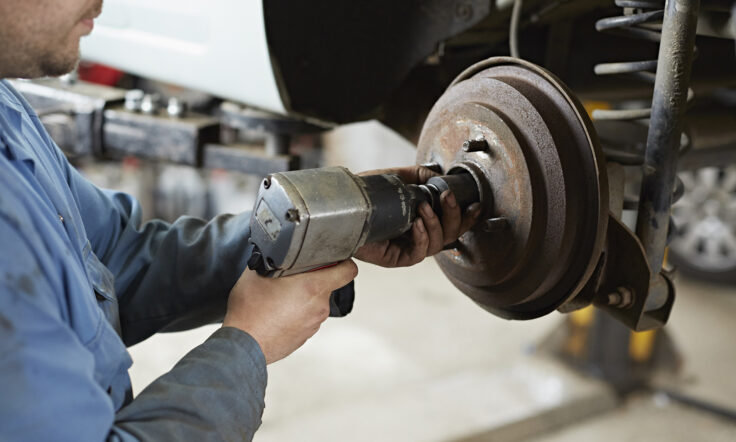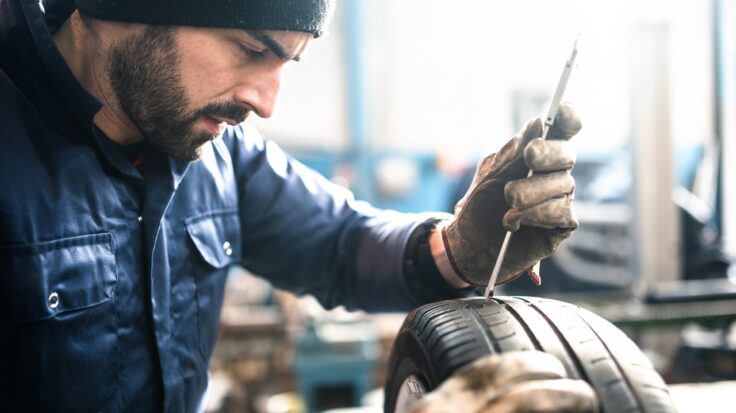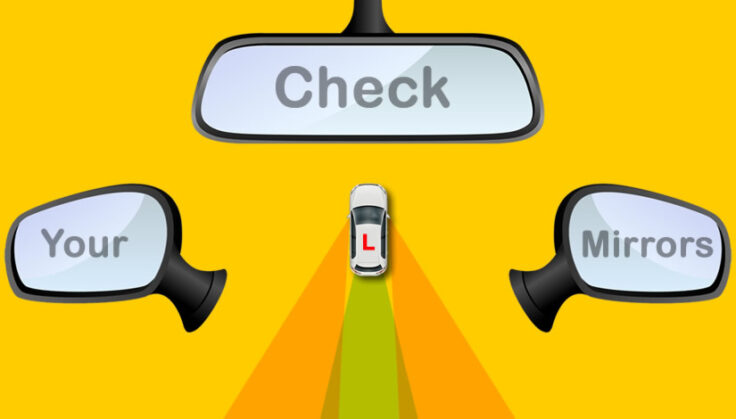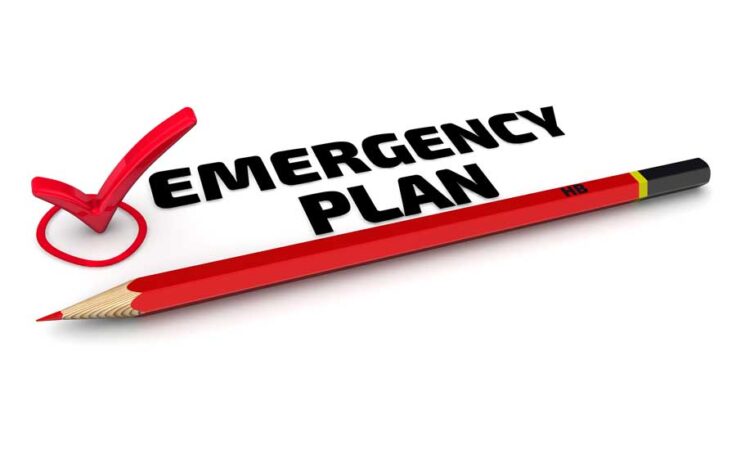Vehicular accidents are inevitable, even when you’re the most careful driver on the road. For the sake of your safety and the safety of your vehicle, you must be aware of the most elementary safety measures. Ultimately, prevention is always preferable to treatment. Nothing is more important than ensuring your safety when traveling.
It’s critical to inspect your automobile before a vacation. It can help stop anything bad from happening while you are driving. The following nine ideas can assist you in keeping both you and your vehicle secure while driving:
Make Sure Your Insurance Is Up To Date

In case of an accident, it helps to decrease the financial load. You may also benefit from additional services like emergency roadside help, theft, and vandalism defense. Ensure that your coverage satisfies both your needs and all applicable legal requirements.
Consider purchasing a policy with extra coverage as well. You will feel more confident when driving because it will offer more protection in an accident. If you carefully consider your alternatives and choose a reputable insurer, you can drive confidently, knowing that assistance is accessible if anything goes wrong.
But finding the right coverage is not easy. Fortunately, there are online platforms and tools you can use to compare different policies and get coverage that fits your needs. You can check out Assurance to see the various coverage options available and compare them to get the best deal for your car.
Check the Brakes

One of the most crucial components of your automobile is the brakes. They help you control your vehicle completely, especially while moving quickly.
Make sure they are regularly inspected and maintained to ensure good operation. It lessens the possibility that any issues may arise while you are traveling.
Additionally, check your brake discs and pads for any wear or damage. Replace them right away if necessary to protect your safety while driving. Another smart move is to have a qualified mechanic periodically check your brakes. They’ll be able to identify any problems you might overlook.
Examine the Tires

The tires on your automobile are among its most essential parts. They are necessary to keep you safeguarded and secure while driving. Before getting on the road, you should properly inspect them for wear or damage.
You should ensure they are properly inflated and maintained for the best driving performance. Check your tires for any indications of bulges, cracks, cuts, or other problems. To ensure optimal safety and dependability, replace them immediately if you see anything unusual.
Additionally, be sure you use winter tires all through the winter. Winter tires are designed to provide more traction on icy roads than regular tires. They also help to reduce the risk of hydroplaning in wet circumstances.
Test the Lights
The lights on your automobile are vital for ensuring road safety. Before beginning any drive, ensure they are all in functioning order, as this will improve your visibility and that of other road users. Regular testing is also good because it will catch any problems early.
If any lights fail, get them repaired or replaced right away. It will assist you in remaining visible when driving at night and avert collisions. Remember to pay attention to your brake lights so other drivers can determine if you are stopping or slowing down.
A safe journey depends on the quality of your car’s lights.
Check your Mirrors

Mirrors in your automobile are equally as crucial as their lighting. They must be in the correct/ position since they aid in your ability to see your car’s sides and back when driving. Before every travel, adjust them so you have a complete view.
Check your mirrors for any obstructions caused by debris or dirt as well. You can see more clearly if you wipe the glass, especially in wet or hazy weather. Ensure the mirror frames are always tightly secured to the vehicle, and replace them if necessary.
Make Sure All Fluids Are Topped Up
It’s also crucial to check the fluid levels in your automobile. Refill the levels of your car’s oil, coolant, and windshield washers to ensure efficient operation and continued excellent condition. If any of these are low or empty, fill them up immediately to prevent damage and performance issues with your car.
Examine the brakes and gearbox fluid as well. Before you go, ensure they are filled to the appropriate amounts. Extremely low transmission or brake fluid levels might cause severe issues with your car’s performance.
Inspect Your Wiper Blades
Your wiper blades are essential for visibility and safety, especially during inclement weather. Inspect them before any drive and check that the rubber is in good condition. If it’s worn out or cracked, replace them as soon as possible to guarantee a smoother journey.
Also, make sure they move freely without any squeaks or sticking points. Wiper blades that are too stiff won’t be able to provide a clear view and might scratch your windshield. Check this regularly, especially when road surfaces get icy or snowy in winter.
Plan for Emergency

Being prepared for any unanticipated scenarios that can occur while you are driving is a wise move. Have an emergency kit with jumper cables, a first aid kit, flares, and a flashlight handy in case something goes wrong. Keeping extra fluids and tires on hand is a good idea if you drive an older vehicle.
Likewise, have the phone number of a trustworthy mechanic in your glove box. In this manner, you may immediately obtain support if something goes wrong or you need help with repairs. Maintaining traffic safety and ensuring your enjoyable trip requires being prepared for emergencies.
Be Aware of Your Surroundings
No matter how well you’ve planned your trip, remaining mindful of your surroundings is crucial. Pay attention to the road and other vehicles to respond quickly if something unexpected happens. Always keep a safe distance from other road users and constantly expect the unpredictable.
Remain alert and take regular breaks during long trips. Don’t try to multitask while driving, as this can be extremely dangerous and increase your risk of an accident. Maintain your attention on the road, abide by the rules, and never assume you can respond quickly enough.
Final Thoughts
Before setting off on any drive, checking that your car is in good condition is essential. Ensure the lights and mirrors are clean and unobstructed, top up all fluids, inspect your wiper blades, plan for emergencies, and be aware of your surroundings.
Following these steps will help you stay safe on the roads and enjoy a smooth journey. Good luck and happy travels!

